

deep insights, facts & figures

The year 2013 has confronted the European market for pot plants and flowers with major problems. While there are hopes of an economic recovery in the Eurozone, cold and rainy weather in the spring brought problems for the industry
A long winter, a cold and wet spring, a very hot summer: the weather situation has affected the sale of plants. It is not yet possible to estimate the effects of the sales shortfall in Germany, as the largest European sales market in 2013, on European production or on the wholesale and retail trades. This observation comes from Dr Marianne Altmann of the marketing consultancy Co Concept, which is headquartered in Luxembourg and specialises in horticulture. The weather-induced slump in consumption in Germany as a consumer country is exerting an influence on horticulture throughout Europe. Snow instead of customers on the retail side, and heating instead of selling in the production business: until June 2013 temperatures were well below the five-year annual average of recent years. In the short sales windows there was in some cases a lack of regional goods ready for sale. However, this supply bottleneck had hardly any effect on prices, which otherwise usually rise in the event of a scarcity of goods. As from July the summer heat led to price pressure and deteriorating prices, which have not yet recovered to any notable extent. The demand for plants had not picked up by the autumn. However, an economic recovery is in sight in the Eurozone. The region’s economic performance in 2013 will once more fall by 0.3 per cent in comparison with the previous year, but a growth rate of 1 per cent in the Eurozone is forecast for 2014 (DIW, 9/2013). The weather-induced decline in demand is becoming evident especially in the field of pot plants. Here the lack of demand is also exerting a strong influence on foreign trade. According to Eurostat, the EU’s imports of pot plants fell substantially in the first half of 2013 compared with the same period in the previous year. (Although the Eurostat data has not yet been finalised by the resulting reports, the trend is already evident.) This development is also reflected in the Dutch export statistics: Dutch plant exports decreased by 3.7 per cent in the first half of 2013 and those to Germany, as the main export country, by as much as 8.6 per cent. This negative development had become even stronger by August 2013; for the first time the monthly export figures for flowers and plants dropped for the sixth time in succession. When Germany as a consumption country has ‘faltered’ in the past years, there have been possible alternatives in the southern European markets. These no longer exist, due to the economic crisis and to the weak…
Related articles
Read also

 Menü
Menü



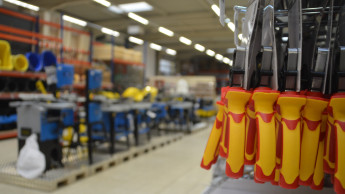
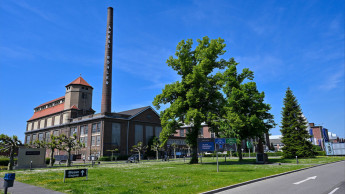
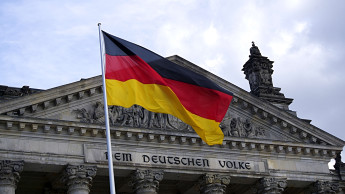
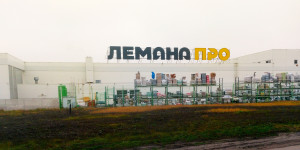


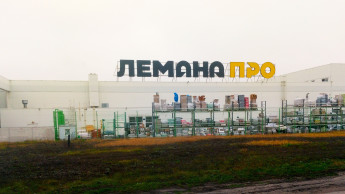
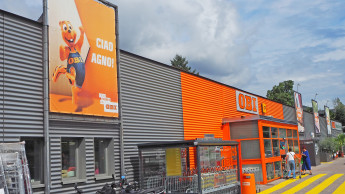

 Newsletter
Newsletter